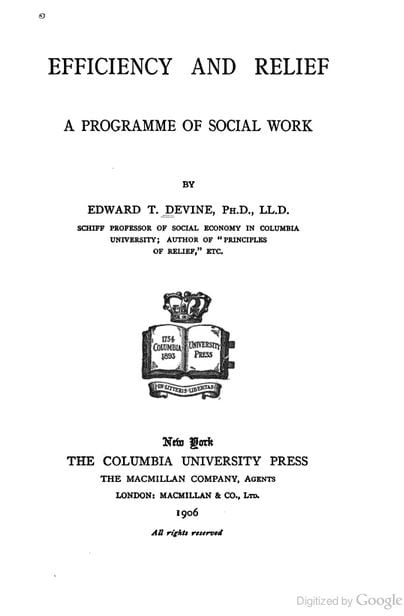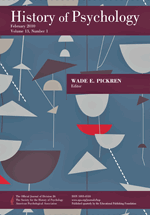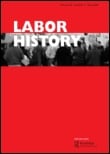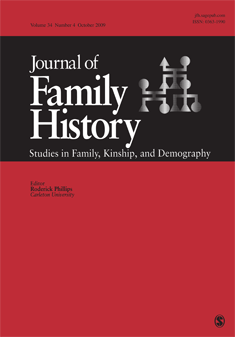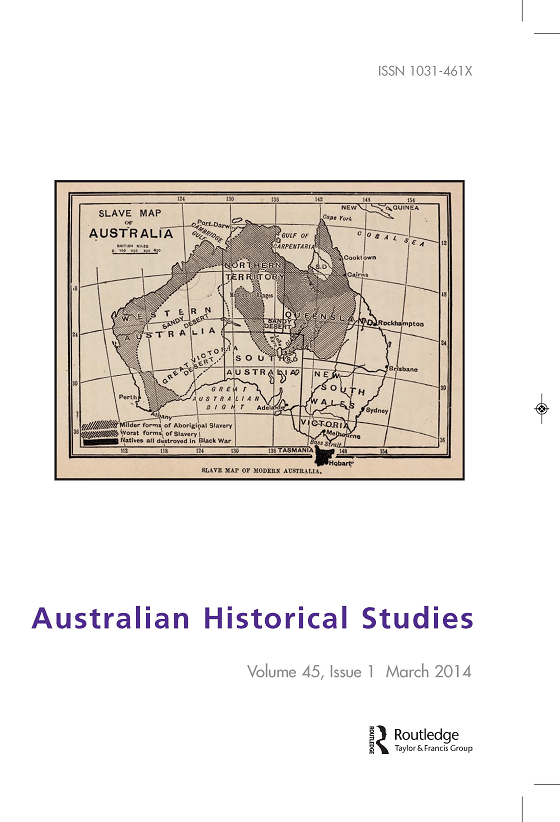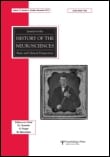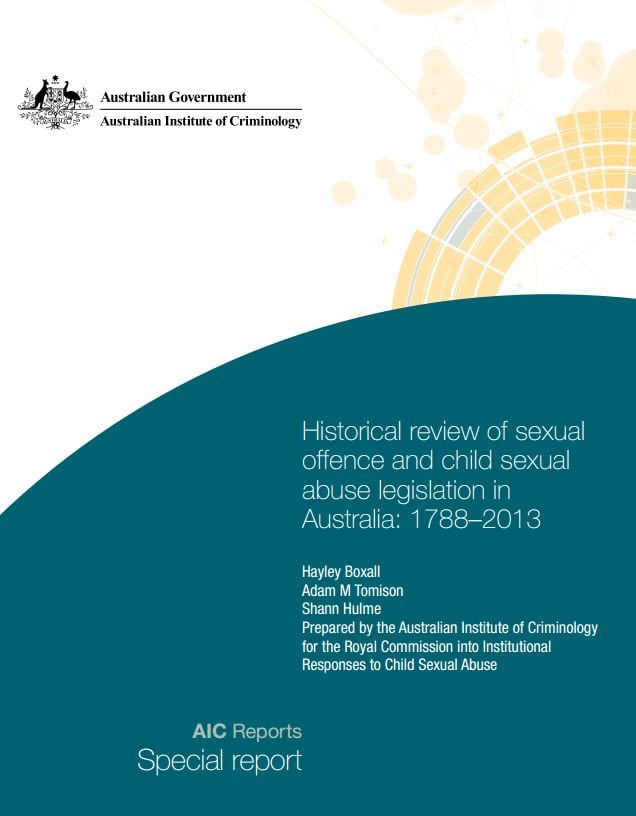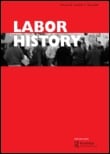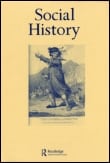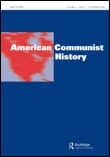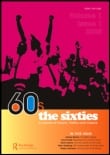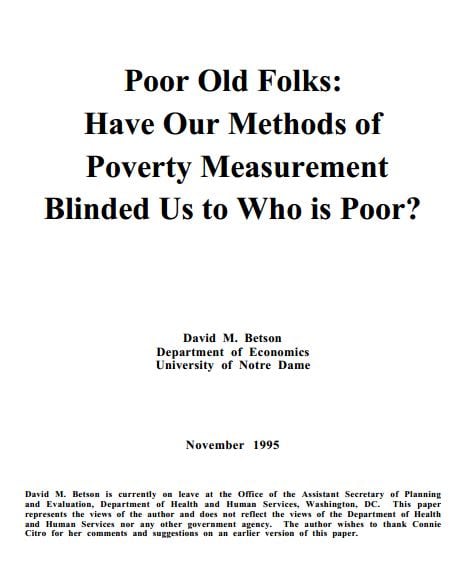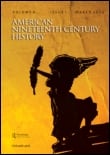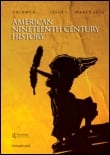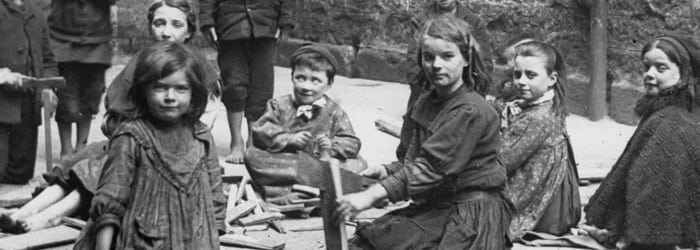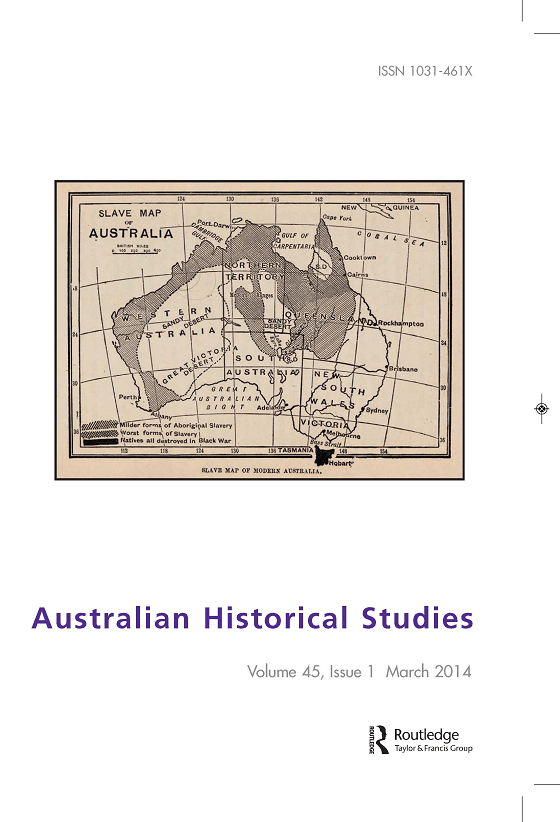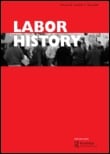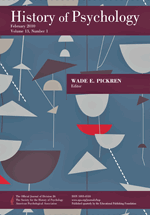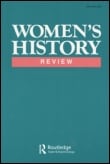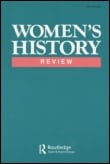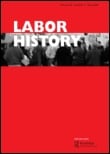WPA (Works Progress/Work Projects Administration) worker and his wife sitting in front of their shack home on the Arkansas River near Webbers Falls, Oklahoma
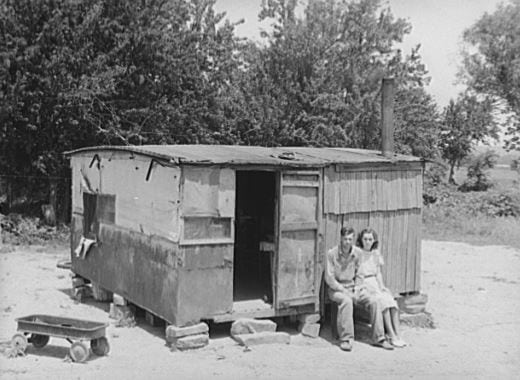 Library of Congress Prints & Photographs Division Washington, DC
Library of Congress Prints & Photographs Division Washington, DC
This man said that last year he thought maybe he would be a little better off when he got the WPA work and had a small amount of cash coming in but that he was worse off now. “Last year I had a cow and some chickens and I had to sell my cow and eat my chickens. I get worse off every year”
Efficiency and relief: a programme of social work (1906)
Davis Inlet: Canada’s third world
“We are a lost people.” That description by an Innu chief seemed fitting when a shocking video of six gas-sniffing teens, screaming they wanted to die, was broadcast to the world. The once-nomadic Innu of Labrador have struggled under a haze of isolation, poverty and addiction ever since their 1967 settlement. A second relocation, this time from the shantytown of Davis Inlet to the new community of Natuashish, offered much promise, but it was just the beginning of a long healing process.
Driving on Speed: Long-Haul Truck Drivers and Amphetamines in the Postwar Period
Life on “skid row” in Baltimore
Skid Row Baltimore 1982. At one time, skid rows were confined to a certain area of the city, near the urban center and on the beaten track. Then, urban renewal and decentralization of the city had taken their toll, leaving the Baltimore skid rows less clearly defined and the population dispersed throughout low-income sections of the city.

